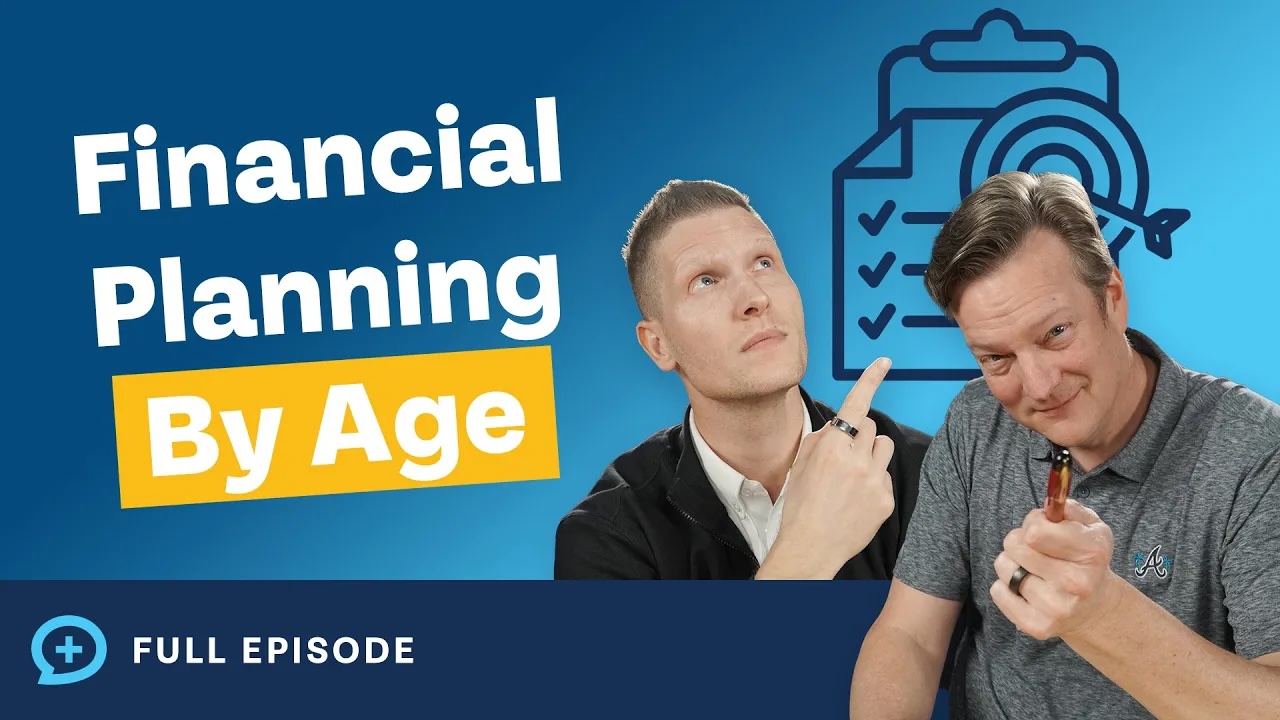
When you think about life insurance, what comes to mind?
Pushy salesmen? Expensive? That it doesn’t apply to you because you’re younger?
If this sounds familiar, it’s time to understand what you really need to know about life insurance — and educate yourself on what you don’t need.
Many young professionals don’t want to discuss insurance because there are some agents who will stop at nothing to get you to sign a policy. Many times that policy is one that doesn’t suit your needs, which can be needlessly expensive.
That’s not a good reason to put life insurance on the backburner, though. The truth is, if you have anyone depending on you, such as a spouse, a child, or even a parent, you should be covered. And the good news is that you don’t have to deal with salesmen to get the protection you need.
Just like you insure your home or car because they’re valuable assets, you also need to insure the value of your life and what you provide to those who depend on you. Check out this overview to understand what you need to consider.
The Difference Between Term Life or Whole Life Policies
Term life insurance is usually adequate enough for most millennials, and it’s cheaper than whole life insurance. But what’s the difference?
Besides whole life insurance being more expensive, it’s a type of permanent coverage that involves a savings component. It typically covers you for your entire life, whereas term life only lasts a set period of time.
That makes term a good solution for many young couples planning on having kids, because you’ll be covered the entire time your child is a minor — and your coverage can end when they move out.
That said, there are a handful of people that might benefit from whole life insurance. If your financial situation is complicated, try talking to a fee-only financial advisor for an unbiased opinion. They won’t make a commission from the sale, so there’s no conflict of interest.
Planning Ahead When You Have Student Loan Debt
If you’re one of the thousands of college graduates with student loan debt, you might have also enlisted the help of a relative to cosign a loan. While federal student loans can be discharged in the event of death (and total and permanent disability), private loans are a different story.
Yes, your student loan debt can persist beyond your death. The responsibility of paying it off falls to your cosigner. Every private lender has a different policy, so be sure to check with yours.
Avoid Investment-Linked Insurance Products
Investment-linked insurance products involve having your premium invested into certain units in a sub-fund of your choice. Units are sold off to pay for your insurance and fees, while the rest remain invested.
Why is this a bad idea? There’s no guaranteed value, as the value depends on the price of the units you picked for your sub-fund. The performance of the sub-fund therefore dictates the value of your policy. Additionally, the cost of insurance will increase as you age, so that means more units being sold to compensate for the increased cost. That leaves less money invested.
Bottom line: you shouldn’t use your life insurance as a means to invest. Keep your investments separate from something as important as life insurance. Treat life insurance as you’d treat any other insurance policy you have.
Getting Life Insurance Now Is Cheaper
Being in your 20s or 30s and in good health equals having access to cheaper premiums. If you’re in your 40s or 50s with a few medical ailments or a troublesome medical history, you’re going to pay more. We also can’t plan for medical emergencies. If you’re healthy now and can benefit from life insurance coverage, you shouldn’t wait for something major to happen.
…And Coverage Through Your Job Might Not Be Enough
Having life insurance coverage through your job is a great benefit to have. However, it’s important to evaluate whether or not it covers all your needs should something happen.
Your employer’s life insurance might be basic, only covering the cost of your funeral and burial. Unfortunately, there’s a lot more you need to account for than just those costs.
You should also consider the possibility of losing your job or moving on from your current employer. Your coverage will end either way. It could be better to cover yourself independently just in case something unexpected happens.
But Life Insurance Isn’t Always Necessary!
There are a few exceptions to when life insurance is necessary, one being if you’re single. If no one is depending on you in any way, then passing on life insurance at this stage is probably okay. If you have coverage through work, that’s even better.
If you’re married, you may be okay without having either spouse covered. This largely depends on your financial situation and incomes. If either one of you depends on the other financially and could not handle living expenses or other responsibilities on their own, you need to think about getting a policy.
Life Insurance is Good to Consider Early On
Remember, the purpose of life insurance is not to protect you, but to protect your loved ones. It’s difficult enough to process the death of someone you love. To do so while worrying over paying the bills is unnecessary. However, be aware of what you need and don’t need so you don’t over insure yourself and pay more. Be smart with your choice.















